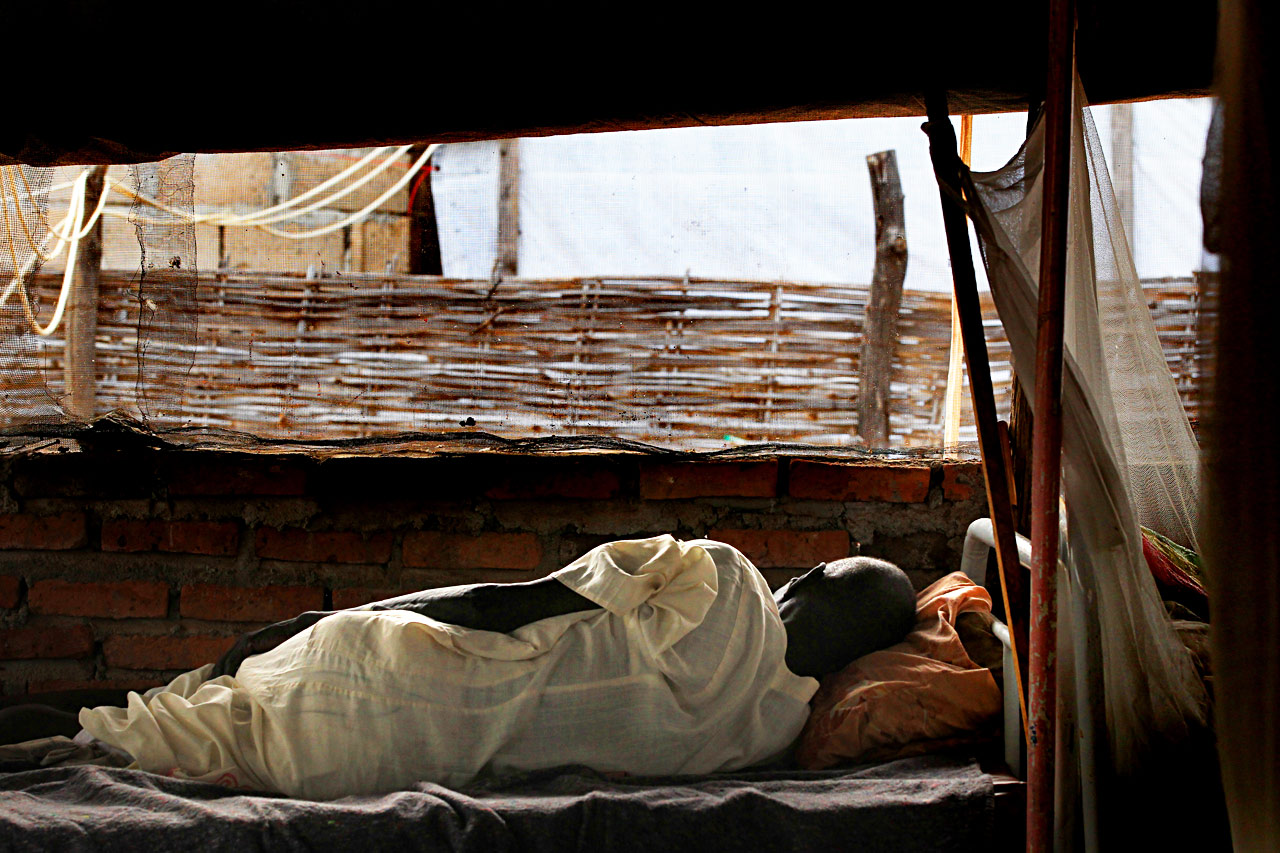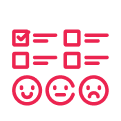
Health & medicine
Health bloggers, journalists and communicators from West Africa are investigating the health sector as part of the Africa Health Lab, an initiative led by the pan-African collective AfricTivstes and supported by the Seek Initiative. Their interests lie in areas such as physical and mental health, nutrition, gender-based violence, disease prevention and treatment, and water, sanitation and hygiene.
In a strong health system, citizens have access to information
In Francophone Africa, community access to reliable information around health and science issues is highly challenging. Poorly publicised government statistics, sensationalist news stories and misinformation online mean that citizens often find themselves without access to the trustworthy information they need to make the best possible decisions about their lives.
AfricTivistes and the Seek Initiative believe a new grassroots approach to health training is needed to counteract this trend. In October 2023, they piloted a training and mentorship program in Senegal that aims to equip 20 health bloggers, journalists and other information professionals with reputable and transparent investigative approaches to discover, understand, and share accurate health information.

Used Pathways
1. Getting behind a social media account
2. Identifying relationships among people
3. Identifying sources on an incident or issue
4. Gathering eyewitness accounts at a particular place/time
5. Catching a showoff’s display of privilege
6. Verifying the origin of images and video on social media
7. Who started a rumour/phrase/topic
8. Preserving social media content as evidence
9. Clues to inauthentic social accounts
1. Making sure you’re breaking new ground
2. Squeezing news for leads, sources, chronologies
3. Making allies of who’s preceded you down this road
4. Are publications and their sources legit?
5. Digging for hyper specific newsletters/magazines/blogs
6. Finding credible academic research
1. Approaching people humbly for information and help
2. Strategising who to approach first
3. Developing a ‘formers state of mind’
4. How much prep is enough
5. Introducing yourself properly
6. Active, passionate listening
7. Coming away with examples that include names, dates, amounts
8. Documenting the interview
9. Interacting with people safely and ethically
10. Building long-term relationships with sources
1. Identifying relevant government agencies
2. Who aggregates the data for free/cheap?
3. Strategising your searches
4. Drilling deeply into a government website
5. Confirming the leads in public records
1. Making sure you’re breaking new ground
2. Squeezing news for leads, sources, chronologies
3. Making allies of who’s preceded you down this road
4. Are publications and their sources legit?
5. Digging for hyper specific newsletters/magazines/blogs
6. Finding credible academic research
1. Understanding the rules and demanding what should be public
2. Identifying specific document trails
3. Strategising narrow vs. broad requests
4. Requesting previous requests
5. Making an ally of your information officer
6. Appealing a denial
1. Strategising information the crowd might have
2. Designing surveys
3. Assigning micro-tasks and tracking results
4. Requesting documents/photos from the crowd
5. Gathering/organising/analysing submissions
6. Identifying/communicating with your crowd
7. Making your crowd into a community
1. Building a database
2. Scraping a website
3. Extracting and cleaning data
4. Using filters to spot patterns in data
5. Identifying datasets and getting people to share them
6. Visualising chronologies, maps and networks
1. How to see clearly from above
2. Mapping and visualising data
3. How satellite images can tell visual stories over time
4. Virtually visiting a place
5. Where was this photo/video taken?
WHAT IMPACT after the investigation?
The primary impact of the Africa Health Lab will be upon citizens, who will encounter the outputs of this work through traditional media, social media, private messaging apps, and community activities. The results of this project are set to be measured in 2024.
SEEK Suggestions













